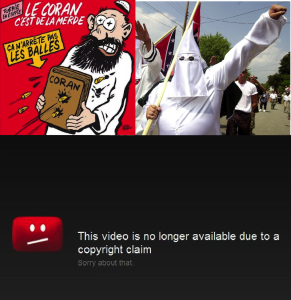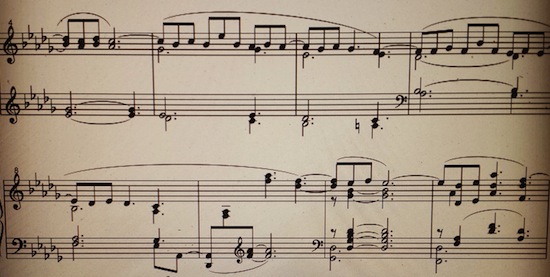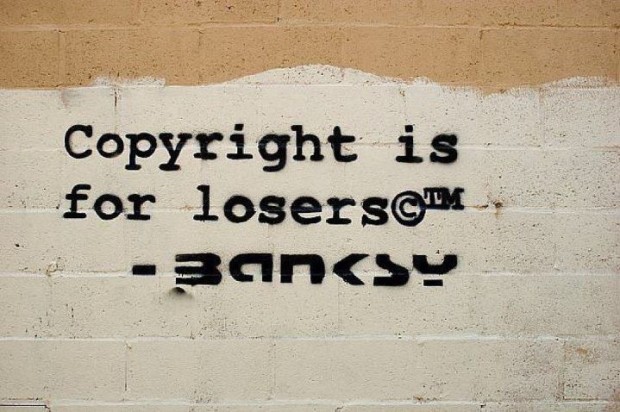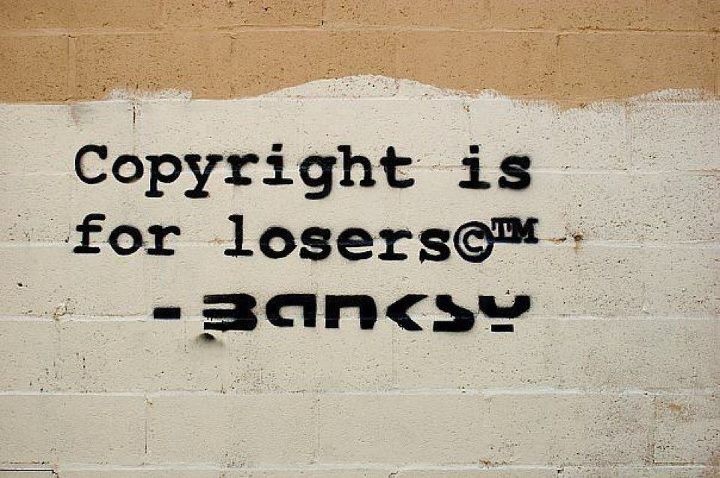In 1985 Tipper Gore (yes, Al Gore’s wife), and three other women, founded the Parents Music Resource Center (PMRC). This group was the catalyst for the famous “Parental Advisory Explicit Content” stickers that were put on CDs across the United States throughout the 1990s and to this day. Wal-Mart, once America’s largest music retailer in an era before iTunes, would not sell CDs that carried the sticker, adding to the importance and effect of PMRC’s sticker system.
In 2002 VH1 made a dramatized film, “Warning Parental Advisory“, chronicling the creation of the PMRC and their political battle against the music industry. The history is fascinating, and the 1985 five hour Senate hearing that serves as the focal point of the film can be viewed here on c-span.
The history of the PMCR is one that is intertwined with the suppression of hip hop including a seminal copyright lawsuit involving rapper Biz Markie (read more about that connection in my blog post here). I hope to write more about this particular history but for now here are some video highlights from VH1’s “Warning Parental Advisory”…
The above video is of Tipper Gore in 1991. Watch a longer YouTube version of the Vine video above.
The video below is a fictionalized scene involving musician Frank Zappa (check out some awesome historical video of real Zappa debating PMRC supporters).
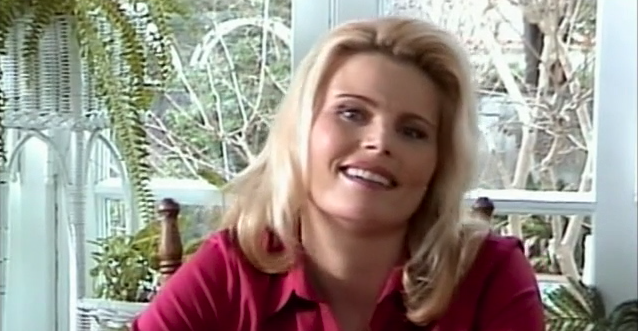
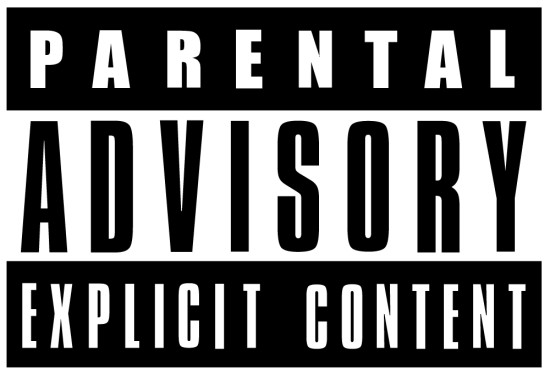

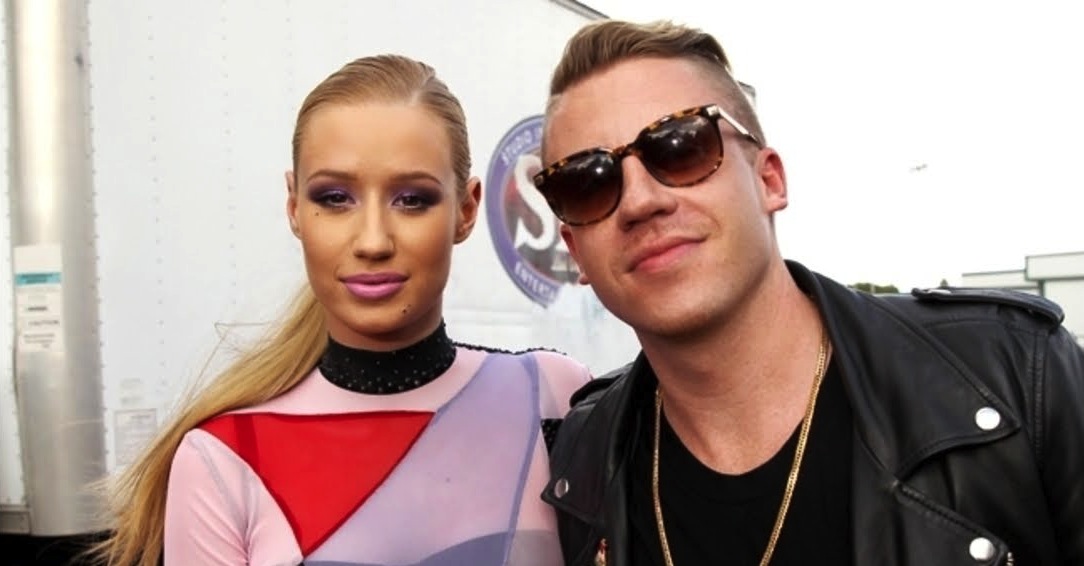
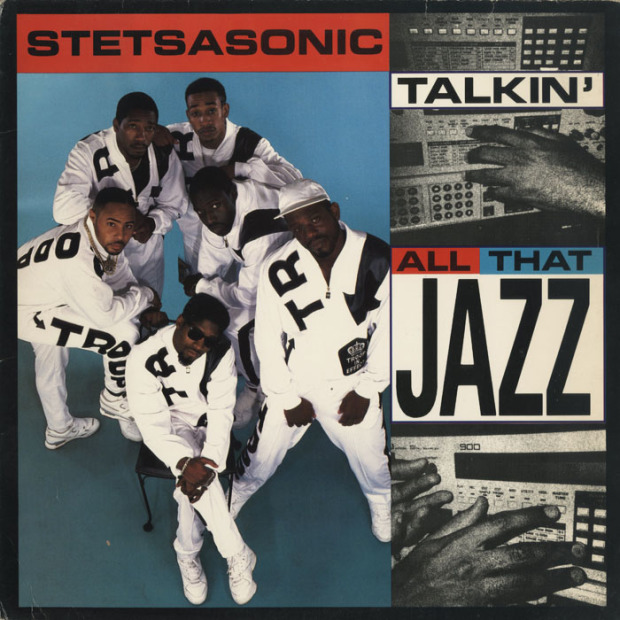
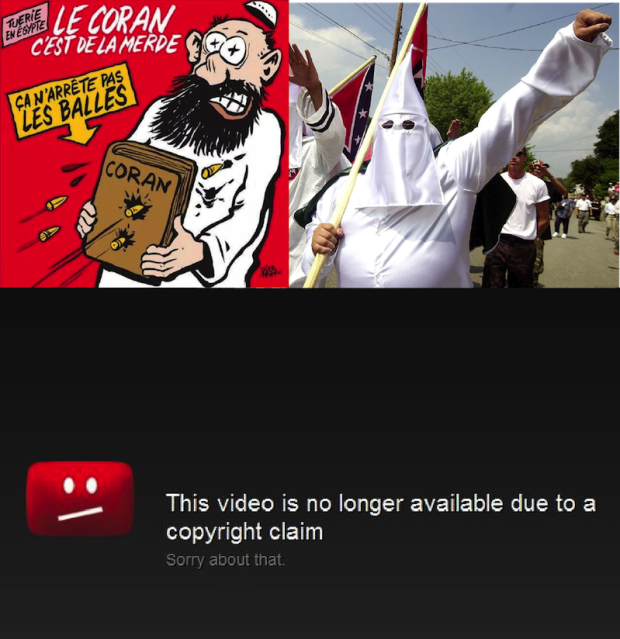
 *I’m aware that there are also restraints on violent speech, and hate speech, but my point is only to draw contrast in the degree to which this speech is left to the “court of public opinion” compared to tightly legislated copyrighted speech.
*I’m aware that there are also restraints on violent speech, and hate speech, but my point is only to draw contrast in the degree to which this speech is left to the “court of public opinion” compared to tightly legislated copyrighted speech.